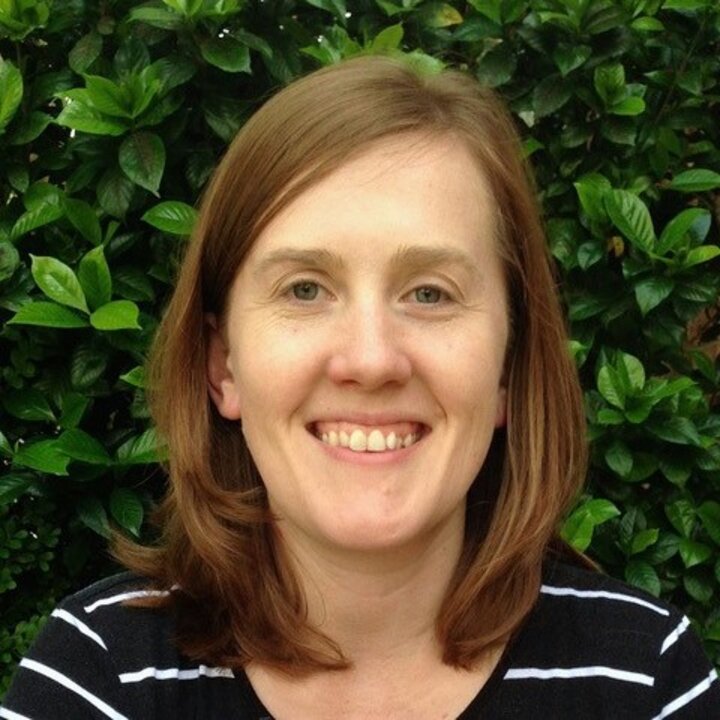
Jennifer Auchtung
Asst Professor Food Science & Technology University of Nebraska-Lincoln
Contact
- Address
-
FIC 1901 N 21st St RM 270
Lincoln, NE 68588-6205 - Phone
-
5174884990
-
jauchtung2@unl.edu
The overall goal of research in the Auchtung lab is to understand how the gastrointestinal microbiome contributes to human health and to use this information to develop new microbiome-targeted therapies to limit impacts of disease. One primary area of research in our lab is to understand how microbial interactions at mucosal surfaces impact community assembly, stability, and pathogen colonization, and whether these interactions can be modified through microbiota-targeted interventions. A secondary area of emphasis is to understand potential impacts of interpersonal variation in microbiota composition on susceptibility to disruption and response to potential therapeutics. Through these areas of research, we have developed expertise in microbial cultivation and a useful tool, minibioreactor arrays, for high-throughput model for culturing microbial communities under continuous flow conditions. Shared use of this tool and our expertise has allowed our lab to contribute to a greater understanding of the impact of diet-microbiota interactions on human health with other labs within the Nebraska Food for Health Center and across the University of Nebraska-Lincoln.
Areas of Expertise
Featured Publications
Mendelson C, Sparkes S, Merenstein DJ, Christensen C, Sharma V, Desale S, Auchtung JM, Kok CR, Hallen-Adams HE, Hutkins R. 2023. Kombucha tea as an anti-hyperglycemic agent in humans with diabetes - a randomized controlled pilot investigation. Front Nutr. 10:1190248.
Motta-Romero HA, Perez-Donado CE, Auchtung JM, Rose DJ. 2023. Toxicity of cadmium on dynamic human gut microbiome cultures and the protective effect of cadmium-tolerant bacteria autochthonous to the gut. Chemosphere. 338:139581.
Christensen CM, Kok CR, Auchtung JM*, Hutkins R*. 2022. Prebiotics enhance persistence of fermented-food associated bacteria in in vitro cultivated fecal microbial communities. Front Microbiol. 13:908506.
Engevik M, Danhof HA, Auchtung J, Endres BT, Ruan W, Bassères E, Engevik AC, Wu Q, Nicholson M, Luna RA, Garey KW, Crawford SE, Estes MK, Lux R, Yacyshyn MB, Yacyshyn B, Savidge T, Britton RA, Versalovic J. 2021. Fusobacterium nucleatum adheres to Clostridioides difficile via the RadD adhesin to enhance biofilm formation in intestinal mucus. Gastroenterology. 160(4):1301-1314.
Auchtung JM, Preisner EC, Collins J, Lerma AI, Britton RA. 2020. Identification of Simplified Microbial Communities That Inhibit Clostridioides difficile Infection through Dilution/Extinction. mSphere. 5(4):e00387-20.